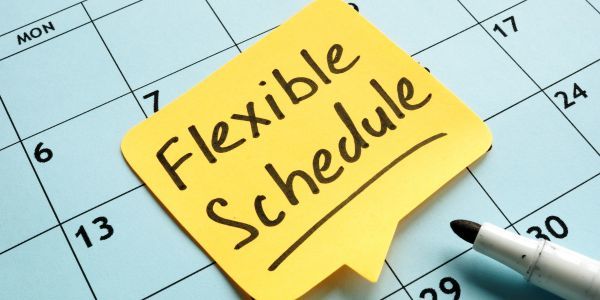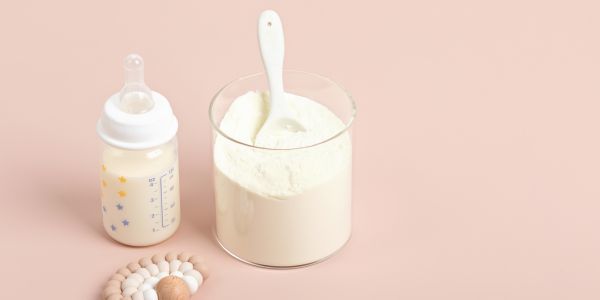

We’re really excited to learn more about the Sign2Sing campaign!
For many parents, hearing impairment of various degrees is part of everyday life, either for themselves as individuals, or for their children… Or sometimes for both! It’s so important that the rights of people who are deaf/hard of hearing are addressed and supported, and the Sign2Sing campaign is great for this.
This annual fundraising is a ‘mass participation’ sign language event that can be held in schools, businesses as community groups, with the aim of raising funds to support projects designed to benefit deaf people. It’s also a great way to learn some sign language!
Here’s the 2018/19 Sign2Sing official music video, Jayne Fletcher Brander, Wayne Barrow, Rachel Shenton, and Oaklodge School!
We had a chat with SignHealth, the organisation who are responsible for the Sign2Sing campaign, about their campaign and what they aim to achieve.
“Fundraising
SignHealth are very grateful for all the fundraising done by major donors, schools, community groups and companies to ensure our important work continues to improve the health and wellbeing of Deaf people.
One such initiative is our Sign2Sing event which sees schools and community groups take part in an annual mass participation signing event in the UK. Sign2Sing provides schools and groups the opportunity learn sign language while helping us fundraise to our work to support Deaf people. Deaf people communicate using sign language, and Sign2Sing is designed to promote this beautiful language and raise valuable funds.
Taking part is easy and our Sign2Sing website has all the resources you need to learn the signs to the song and organise a special fundraising performance for SignHealth. All you need is a group of participants!
Click on the link here to take part!”
SignHealth plays a crucial role in securing Deaf people’s human rights!
As a leader in the Deaf community and Health sector, we use our knowledge and lived-experience to influence decision-making. We respond to local, regional and national agendas through our membership to a range of external organisations such as Voluntary Organisations Disability Group, UK Council on Deafness, National Voices and British Society for Mental Health and Deafness.
Much of our work involves negotiating with key decision-makers in central and local government to enhance Deaf people’s access to healthcare and domestic violence support – and using our status as a sector-leader to scrutinise and improve public sector policy-making.
The Right to Health
Access to healthcare without barriers is a clearly defined right, as stated in the UN Convention on the Rights of People with Disabilities. It is a shocking fact that Deaf people are more likely to suffer ill health than other people, simply because it is harder for them to use health services*. Deaf people experience difficulties booking an appointment through a receptionist, discussing treatment options with their GP and understanding a diagnosis. Issues with access mean that Deaf people are twice as likely to have high blood pressure, four times more likely to develop diabetes and generally have a reduced life expectancy*. This is unacceptable and must change; the enjoyment of the highest attainable standard of healthcare is a fundamental human right.
Addressing Discrimination and Disadvantage
We advocate for the provision of communication support for Deaf people such as visually-accessible information in British Sign Language (BSL), the implementation of important communication technologies and cultural Deaf Awareness training for healthcare professionals.
SignHealth is the only national charity working to improve the health and wellbeing of Deaf sign language users. Our vision is a world where there are no barriers to good health and wellbeing for Deaf people. We are Deaf-led: 75% of our staff, including senior management, and 60% of our, award winning, board are deaf. This makes us experts by experience, and we use our unique position to build bridges between people and institutions. We talk with and listen to Deaf people about their thoughts and opinions, advocate on behalf of the Deaf community, and ensure they are involved as key decision-makers in identifying and responding to issues that affect them.
Sick of It Report (2014)
SignHealth’s independent report exposed widespread barriers to healthcare for Deaf people, and a lack of basic health information in BSL. To put the problem into perspective:
- The NHS has 900 health videos online but only ten are in sign language.
- 3% of Deaf people want to communicate by lip reading but 40% are forced to.
- 8 in 10 Deaf people want to communicate using BSL but only 3 in 10 get the chance.
We used the findings from this report to campaign for the NHS Accessible Information Standard, which is a legal duty for health and social care services to meet the communication needs of Deaf people. The Accessible Information Standard is designed to ensure that:
- Deaf people have the same level of access to health information as their hearing peers.
- Deaf people receive the communication support they want (e.g. a BSL-English interpreter, lip-speaker or speech-to-text reporter); and
- Information is provided in an accessible format. That may mean test results sent by SMS or emails in plain English (Deaf literacy rates average 8-9 years-old).
Psychological Therapies in BSL
We tackle the root causes of health inequality as well as the symptoms. Local Clinical Commissioning Groups (CCGs) refer Deaf patients for mental health support on a case-by-case basis. The way that communication support for Deaf patients is currently commissioned is not consistent across the UK, contributing to the variation in access to services. We agree with the conclusions of the NHS England Action Plan on Hearing Loss which recognises the need for “improving both the commissioning and integration of services”. We are working with NHS England to look at ways in which it can improve the commissioning of specialist services with regional/national contracts. This will ensure that Deaf people receive appropriate mental health support at the right time, thus improving access to psychological therapies across the country.
Deaf Domestic Abuse Service
Violence against women and girls is a pressing human rights issue. The UK government has a duty to protect women as signatory to the The Convention on the Elimination of all Forms of Discrimination Against Women (CEDAW). Deaf women suffer twice and Deaf children three times the level of domestic violence as their hearing peers (British Crime Survey, 2010), with devastating consequences for their adult lives. SignHealth deliver the first and only specialist domestic abuse service for Deaf victims in the UK, run by Deaf women and this service relies solely on voluntary income from fundraising. As statutory funds are distributed by local authorities – Deaf women outside our funded areas are slipping through the net.
Thank you, SignHealth!
Love from Katie & Team BBY. Xx


.png)







